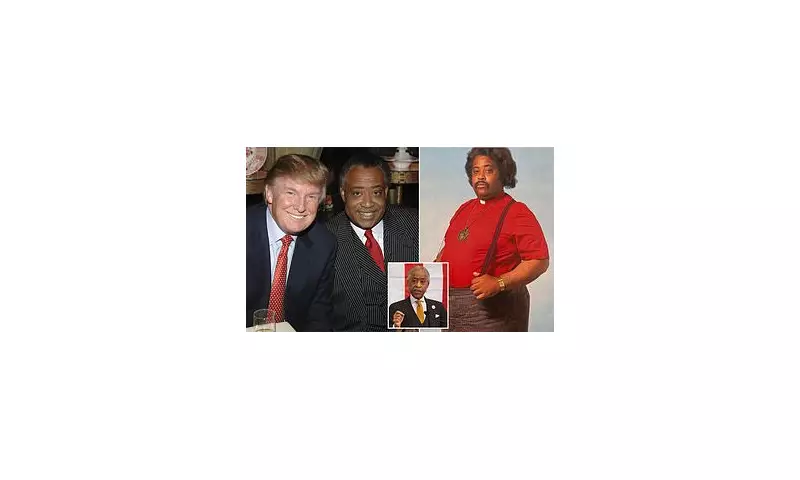
In a dramatic escalation of his long-standing feud with mainstream media, allies of Donald Trump are preparing a comprehensive overhaul of the Federal Communications Commission that could have devastating consequences for MSNBC and one of its most prominent voices, Reverend Al Sharpton.
The FCC Shakeup That Could Reshape American Media
According to insider reports, Trump's transition team is actively compiling lists of potential FCC commissioners who would aggressively pursue the former president's media agenda. This includes potentially revoking broadcasting licenses and implementing stricter enforcement of existing regulations.
The move represents Trump's most direct attempt to exert control over media organisations he has repeatedly labelled as "fake news" and "the enemy of the people."
Sharpton's Show in the Crosshairs
Reverend Al Sharpton's programme, which has been a staple of MSNBC's lineup for years, appears to be facing particular scrutiny. Sources close to the planning suggest Trump allies view Sharpton as emblematic of the network's perceived liberal bias.
"PoliticsNation," Sharpton's flagship show, has frequently featured sharp criticism of Trump and his policies, making it a likely target in any regulatory crackdown.
The Legal Battle Ahead
Legal experts are already warning of constitutional challenges should these plans move forward. Any attempt to revoke licenses would face immediate First Amendment challenges and likely protracted court battles.
"This isn't just about one network or one host," said media law professor Eleanor Vance. "It's about whether the government can use regulatory power to punish critical journalism."
A Pattern of Media Confrontation
The proposed FCC intervention continues Trump's pattern of confronting media organisations throughout his political career:
- Repeated threats to change libel laws
- Frequent attacks on specific journalists and networks
- Previous suggestions about challenging broadcast licenses
- Creation of alternative media channels
Media watchdogs are expressing alarm at the potential implications for press freedom in the United States, warning that such actions could establish dangerous precedents for future administrations.
The coming months will reveal whether these plans materialise into concrete policy, but one thing is certain: the battle between Trump and the media establishment is entering a new, more dangerous phase.





